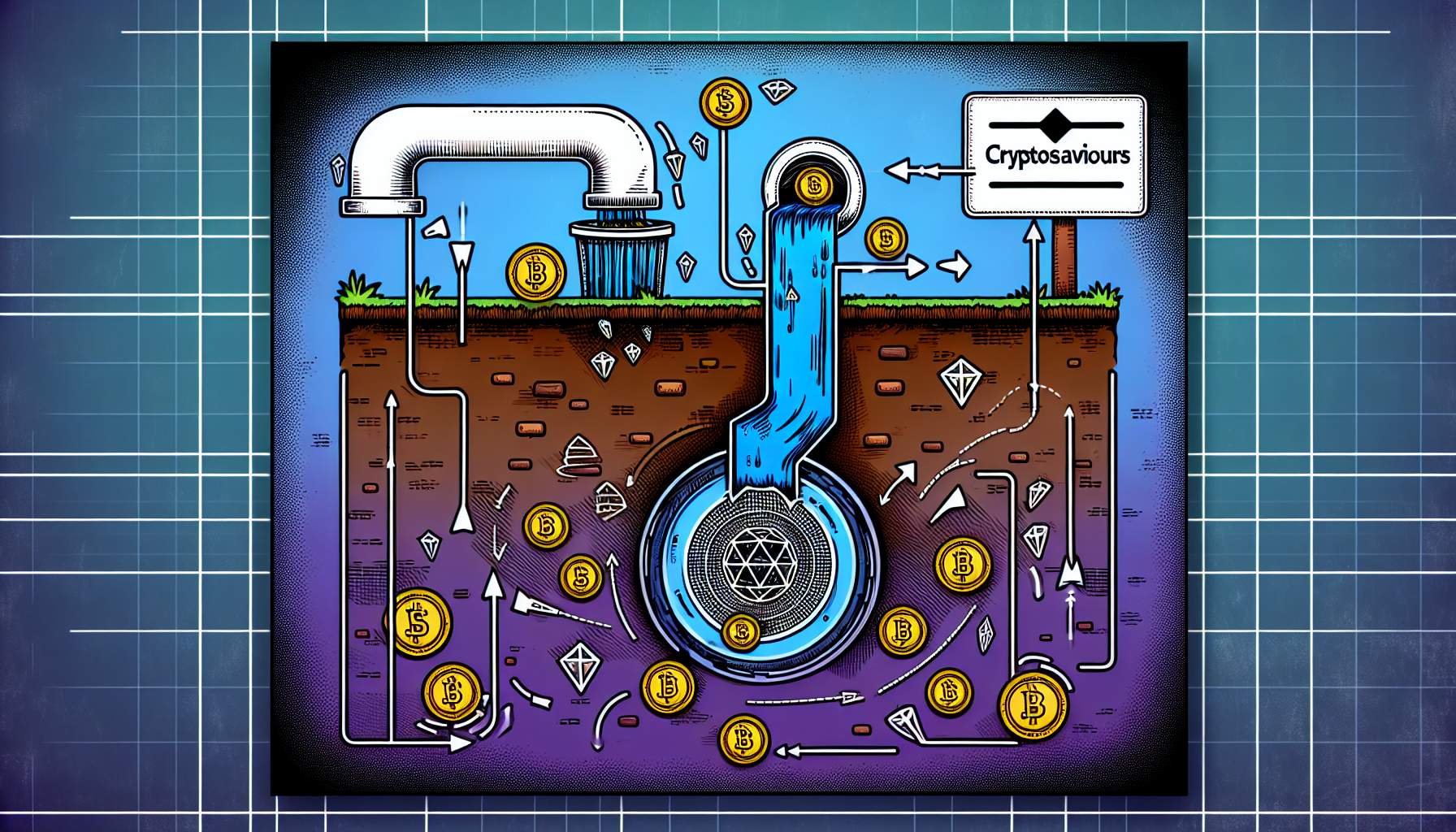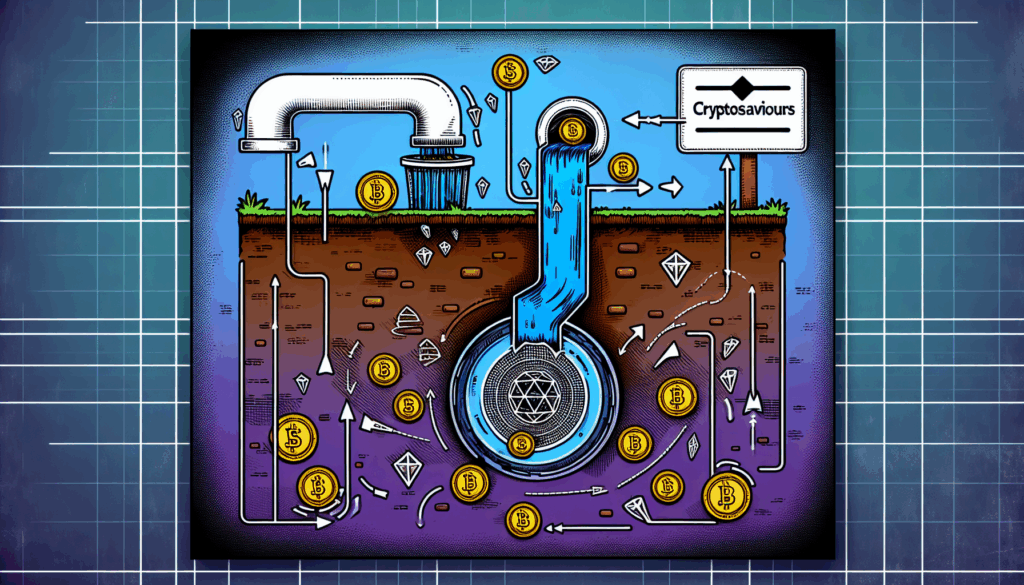GameFi Token Sink Mechanisms: How They Stabilize In-Game Economies
Why Do GameFi Projects Need Token Sinks?
With over 80% of play-to-earn games failing due to hyperinflation (DappRadar 2025 report), token sink mechanisms have become critical for sustainable GameFi economies. Imagine a virtual lemonade stand where every player keeps earning lemons but never spends them – soon, lemons become worthless. That’s exactly what happens in GameFi without proper sinks.
4 Essential Token Sink Types
- Upgrade Costs: Spending tokens to level up characters (like Axie Infinity’s breeding fees)
- Consumables: One-time use items such as power-ups or repair kits
- Staking Locks: Temporarily removing tokens from circulation for rewards
- Burning Events: Permanent removal of tokens through special actions
Real-World Examples That Work
The most successful GameFi token sink mechanisms often combine multiple approaches. STEPN’s sneaker repair system removes 3-5% of GMT daily, while Illuvium’s shard fusion burns 50% of materials used. Pro tip: Always check the project’s whitepaper for “tokenomics” sections before investing.
Common Pitfalls to Avoid
You might encounter projects where sinks feel forced – like requiring excessive fees just to log in. Good sinks should:

- Align with natural gameplay (e.g., weapon upgrades in RPGs)
- Scale with player progression
- Balance inflation without frustrating users
Future Trends in Token Sink Design
Emerging solutions include dynamic burning (automated adjustments based on token supply) and NFT sinks where rare items permanently remove tokens from circulation. According to Delphi Digital’s latest analysis, projects with adaptive sinks retain 60% more players after 12 months.
Remember: Token sinks alone won’t guarantee success – they must work alongside strong gameplay and fair reward systems. For deeper analysis, explore our guide on GameFi tokenomics models.
Stay ahead in the GameFi revolution with CryptoSaviours‘ expert insights.
Disclaimer: This content is for educational purposes only. Always conduct your own research before participating in GameFi projects.
Dr. Elena Rodriguez
Blockchain Economist | Author of 27 GameFi research papers | Lead auditor for Sandbox’s token economy
